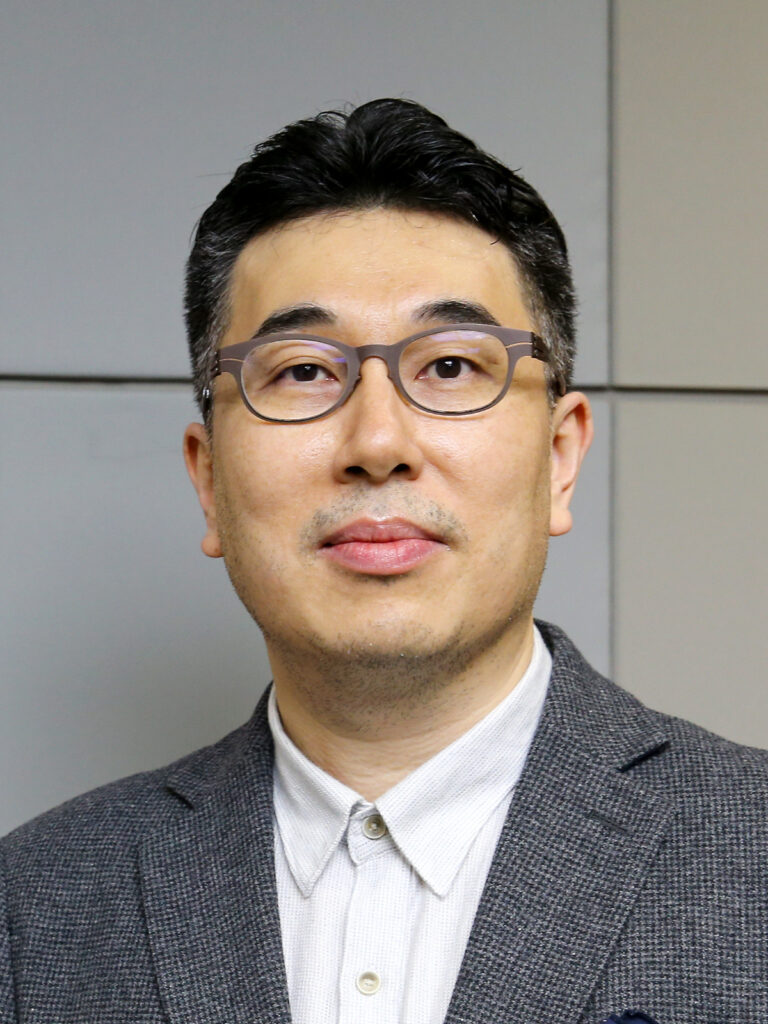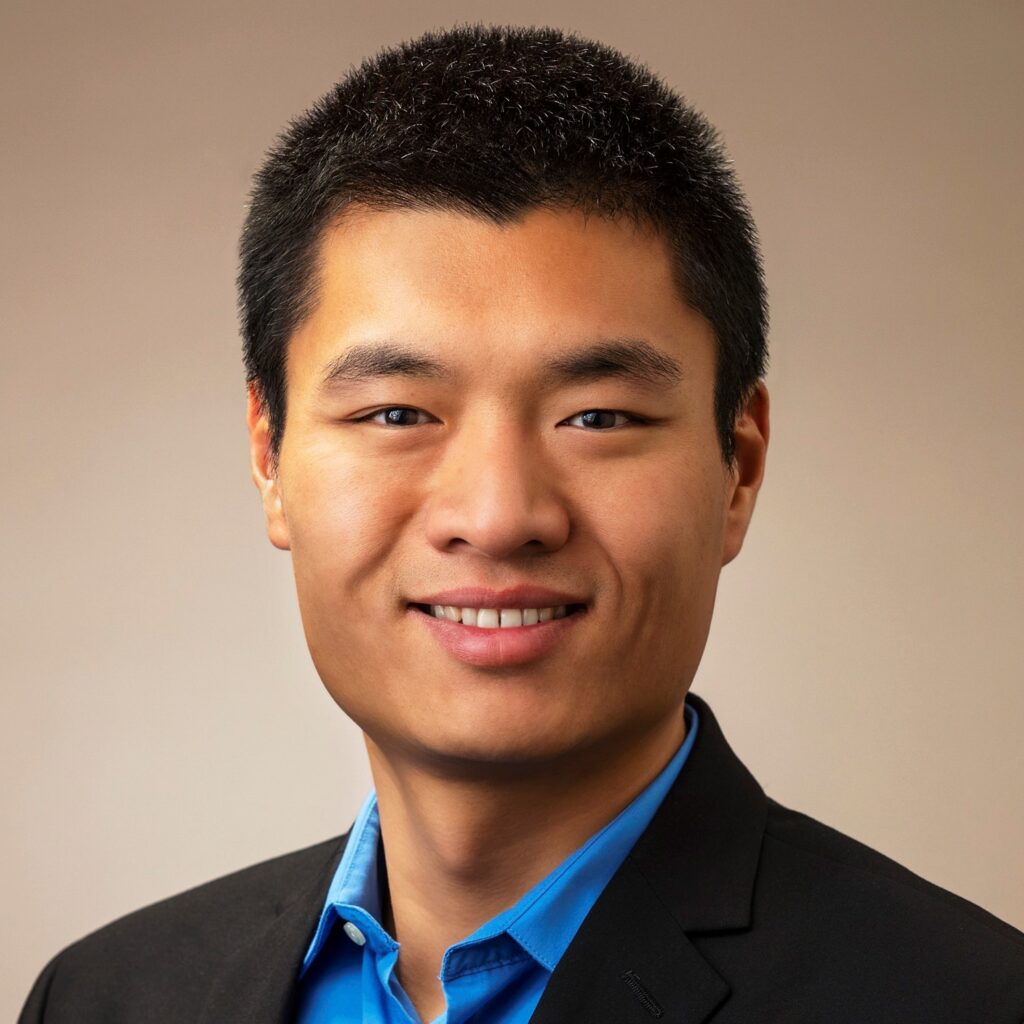PLENARY SPEAKERS

Name
Henrik Lund
Affiliation
Aalborg University, Denmark
Lecture Title
Smart Renewable Energy Systems and Decarbonization
Lecture Abstract
This presentation focusses on how societies can design and implement renewable energy and decarbonization strategies. The presentation presents and discuss a set of methods and criteria to design Smart Energy Systems, while considering the context of 100% renewable energy on a national level. Countries should handle locally what concerns local demands, and at the same time acknowledge the international context when discussing resources and industrial and transport demands. To illustrate the method, it is applied to the cases of Denmark and European within the context of a global fully decarbonized energy system.
Recently, the Danish Government supported by the Danish Parliament decided for the target of a 70% decrease in Greenhouse gasses by 2030. This presentation includes a list of theoretical and methodological considerations as well as a concrete proposal on how such targets can be implemented. It is highlighted that already now one must think beyond 2030 to prepare for the next step to achieve a full decarbonization by 2040 or 2050. It is also highlighted that a country such as Denmark must consider how to include its share of international shipping and aviation as well as how to design a solution with Denmark’s share of sustainable biomass resources.
Moreover, the presentation includes the results of detailed hourly modelling of the EU “A Clean Planet” scenarios for a fully decarbonized Europe in 2050 and compare it to a “smart energy systems” alternative. The case illustrates how the focus on a fully sector-coupling as expressed in a smart energy systems approach will lead to higher energy efficiency and the identification of a more affordable green transition in Europe.
Short Bio of the Lecturer
Henrik Lund (born 2 July 1960) is a Danish engineer (M.Sc.Eng.1985) and Professor in Energy Planning at Aalborg University in Denmark. He holds a Ph.D. in Implementation of Sustainable Energy Systems (1990), and a Dr. Techn. in Choice Awareness and Renewable Energy Systems (2009).
Henrik Lund is a highly ranked world-leading researcher. He is listed among ISI Highly Cited researchers ranking him among the top 1% researchers in the world within engineering and on the Stanford list of top 2% scientists.
Henrik Lund has many years of management experience as head of department for approx. 200 staff persons (1996-2002), head of section for approx. 50 persons (2014 – 2016) and head of research group of 20-30 persons (2002 – present). During his time the Sustainable Energy Planning research group at Aalborg University has now grown to approx. 30 staff members including 4 professors.
Henrik Lund is Editor-in-Chief of Elsevier’s high-impact journal Energy with annual 10000+ submissions.
Henrik Lund is the author of more than 400 books and articles including the book ”Renewable Energy Systems”. He is the architect behind the advanced energy system analysis software EnergyPLAN, which is a freeware used worldwide that have form the basis of more than 200 peer reviewed journal papers around the world.

Name
Yong Sik Ok
Affiliation
Korea University, Korea
Lecture Title
The COVID-19 pandemic necessitates a shift to a plastic circular economy
Lecture Abstract
The COVID-19 pandemic is exacerbating plastic pollution. A shift in waste management practices is thus urgently needed to close the plastic loop, requiring governments, researchers, and industries to work towards intelligent design and sustainable upcycling. Approximately 400 million metric tons (Mt) of plastic waste was produced globally in 2019. However, the estimated waste volume reached over 530 Mt in the first 7 months of the COVID-19 outbreak (December 2019–June 2020) suggesting plastic waste totals for 2020 would be at least double those of 2019. Disposable waste masks like medical wastes and the consumption of plastic packaging by takeaway services, e-commerce outlets, and express delivery industries contributed to this heavy utilization of plastics and associated pollution. A notable portion of this waste does not make it to municipal waste streams. Masks, gloves, and other plastics are found indiscriminately littered and disposed of without precautionary measures. Waste treatment facilities should have real-time information of incoming PPE waste volume, types, and hotspots of generation, and potentially contaminated waste should be collected in specifically labeled reusable containers for easy separation and treatment. An integrated mechanical and chemical recycling process is therefore needed for the disposal of plastic PPE in the immediate future. Biodegradable plastics are a promising future technology; however, full techno-economic and environmental footprint assessments for industrial-scale applications are needed before they are broadly implemented. Beyond biodegradable plastics, advanced and efficient catalytic conversion routes for plastic waste upcycling offer opportunities to enhance profitability from both environmental and resource-recovery viewpoints. Closing the loop on plastic might not be a reality just yet. However, heightened consumer awareness, increased industry innovation, expanded government investment, and continued research can mitigate plastic burdens on the environment and develop a society guided by a circular economy.
Short Bio of the Lecturer
Director, APRU Sustainable Waste Management Program Director, Korea Biochar Research Center Korea University, Seoul 02841, Korea Dr. Ok is a full professor and global research director of Korea University, Seoul, Korea. He has published over 900 research papers and books, 92 of which have been ranked as Web of Science ESI top papers (90 have been selected as “Highly Cited Papers” (HCPs), and two as “Hot Papers”). He has been a Web of Science Highly Cited Researcher (HCR) since 2018 in Cross Field, Environment and Ecology, and Engineering. In 2019, he became the first Korean to be selected as an HCR in the field of Environment and Ecology. Again in 2021, he became the first Korean HCR in two fields: Environment and Ecology, and Engineering.
He is working at the vanguard of global efforts to develop sustainable waste management strategies and technologies to address the rising crisis in electronic and plastic waste, and pollution of soil and air with particulate matter. Dr. Ok has also served in a number of positions worldwide including, as an honorary professor at the University of Queensland (Australia), a visiting professor at Tsinghua University (China), an adjunct professor at the University of Wuppertal (Germany), and a guest professor at Ghent University (Belgium). He maintains a worldwide professional network by serving as a Co-Editor-in-Chief of Critical Reviews in Environmental Science and Technology, an Editor of Environmental Pollution, a member of the editorial advisory board of Environmental Science & Technology, and an editorial board member of Renewable and Sustainable Energy Reviews, Chemical Engineering Journal, and Environmental Science: Water Research & Technology, and several other top journals.
He currently serves as the Director of the Sustainable Waste Management Program for the Association of Pacific Rim Universities (APRU) and the Co-President of the International ESG Association. Moreover, he has served on the Scientific Organizing Committee of P4G Nature Forum: Climate Change and Biodiversity, and Nature Forum: Plastics and Sustainability. Dr. Ok has also served as the chairman of numerous major conferences such as Engineering Sustainable Development series (ESD series), organized by the APRU and the American Institute of Chemical Engineers (AIChE). In 2021, Dr. Ok hosted the first Nature conference among South Korean universities in Seoul on waste management and valorization for a sustainable future together with Chief Editors of Nature Sustainability (Dr. Monica Contestabile), Nature Electronics (Dr. Owain Vaughan), and Nature Nanotechnology (Dr. Fabio Pulizzi).

Name
Fengqi You
Affiliation
Cornell University, USA
Lecture Title
Multi-Scale Systems Analytics for Energy and Environmental Sustainability
Lecture Abstract
Energy and environmental sustainability have risen to the top of the public and policy agenda, as demonstrated by the recent Glasgow Climate Pact and the rapid proliferation of carbon neutrality pledges across various countries and sectors. Process systems engineering (PSE) theory, methods, and tools play an important role in the quest for energy and environmental sustainability. Combined with chemical and biomolecular engineering domain knowledge, PSE is empowered with the multi-scale feature to investigate scientific problems from nano- to mega-scales. These PSE methodologies organically integrate systems-level analysis, design, control, and optimization theory with modern artificial intelligence techniques for data analytics and machine learning to leverage the power of big data. This talk will illustrate the concepts and methods of multi-scale systems analytics through our research efforts in the areas of sustainable energy technologies and systems, circular economy and food-energy-water-waste nexus, smart technologies for sustainable built environments and food production, and environmental impact and climate change mitigation. Specific examples include our collaborative works with experimentalists and domain experts on (a) integrated design of metal-organic frameworks (MOFs) and adsorption processes via rapid, in-silico screening of MOFs for economically-efficient post-combustion CO2 capture and separation; (b) effective detection of microplastics in the aqueous environment by developing intelligent soft sensors based on explainable deep learning techniques to analyze complex spatiotemporal optical responses of liquid crystal; (c) quantum computing-assisted deep learning models and algorithms for sustainable and safe operations of electric power systems with renewable energy resources; (d) multi-scale optimization combined with machine learning for the design of 100% renewable energy systems toward carbon neutrality for Cornell University campus and New York State; and (e) climate implications of shifting in-person events to online/hybrid format. The presentation will conclude with a brief overview of multi-scale applications of systems analytics technologies and methods on perovskite photovoltaics, battery second-life, shale gas, biofuels, and CO2 utilization that range from molecular and materials systems to macro-scale systems, including devices, manufacturing processes, infrastructure, and global climate change.
Short Bio of the Lecturer
Fengqi You is the Roxanne E. and Michael J. Zak Professor in the Smith School of Chemical and Biomolecular Engineering at Cornell University. He also serves as Chair of Ph.D. Studies in Cornell Systems Engineering, Associate Director of Cornell Energy Systems Institute, and Associate Director of Cornell Institute for Digital Agriculture. His research focuses on fundamental theory and methods in systems engineering and artificial intelligence, as well as their applications to smart manufacturing, digital agriculture, quantum computing, energy systems, and sustainability. His recent awards (in the past six years) include NSF CAREER Award (2016), AIChE Environmental Division Early Career Award (2017), AIChE Research Excellence in Sustainable Engineering Award (2017), Computing and Systems Technology (CAST) Outstanding Young Researcher Award from AIChE (2018), Cornell Engineering Research Excellence Award (2018), ACS Sustainable Chemistry & Engineering Lectureship Award (2018), AIChE Excellence in Process Development Research Award (2019), AIChE Innovations in Green Process Engineering Award (2020), Mr. & Mrs. Richard F. Tucker Excellence in Teaching Award (2020), Curtis W. McGraw Research Award from American Society for Engineering Education (ASEE) (2020), American Automatic Control Council (AACC) O. Hugo Schuck Award (2020), AIChE Sustainable Engineering Forum Education Award (2021), AIChE George Lappin Award (2022), and Stratis V. Sotirchos Lectureship Award by Foundation for Research & Technology – Hellas (FORTH) (2022), in addition to a number of best paper awards. Fengqi is an elected Fellow of the Royal Society of Chemistry (FRSC) and Fellow of the American Institute of Chemical Engineers (AIChE Fellow). For more information about his research group: www.peese.org.

